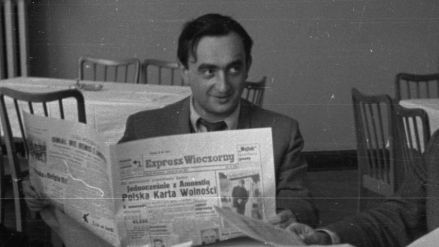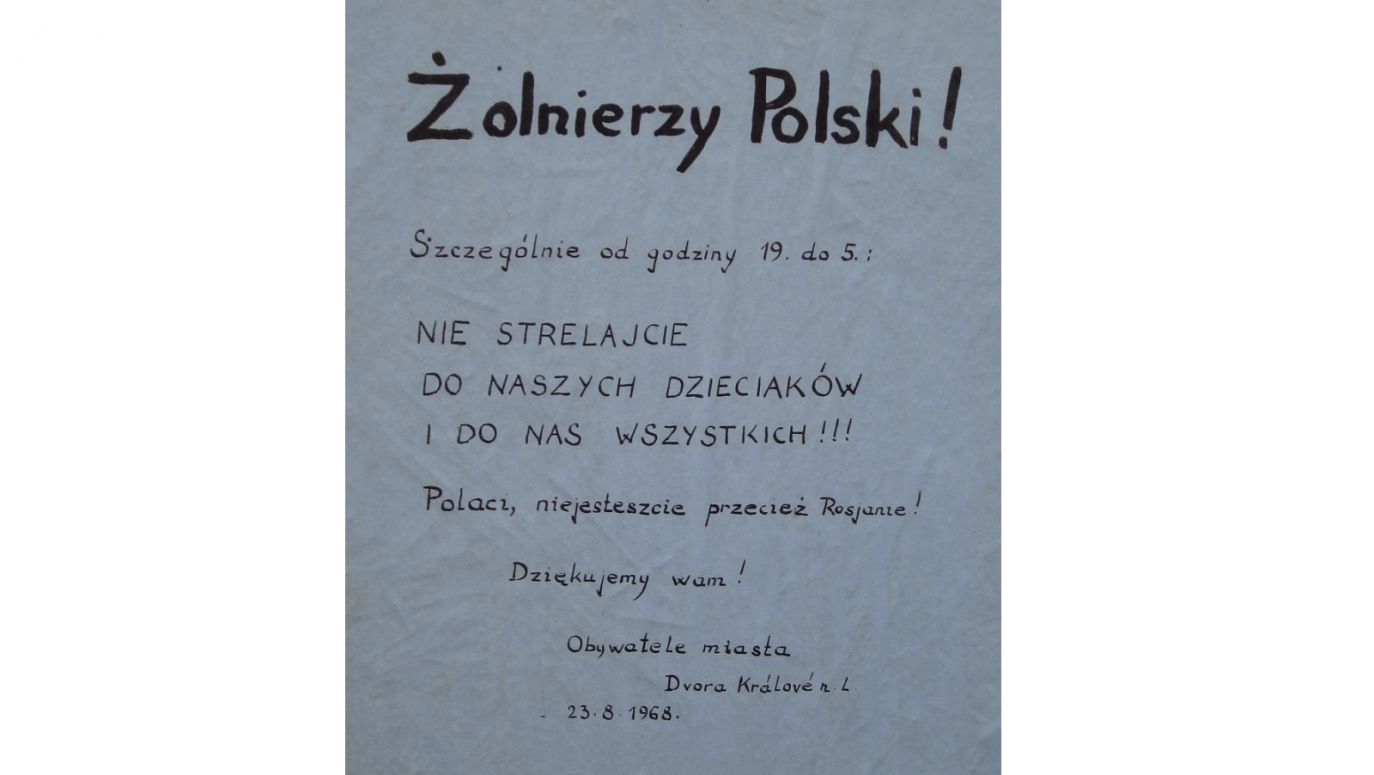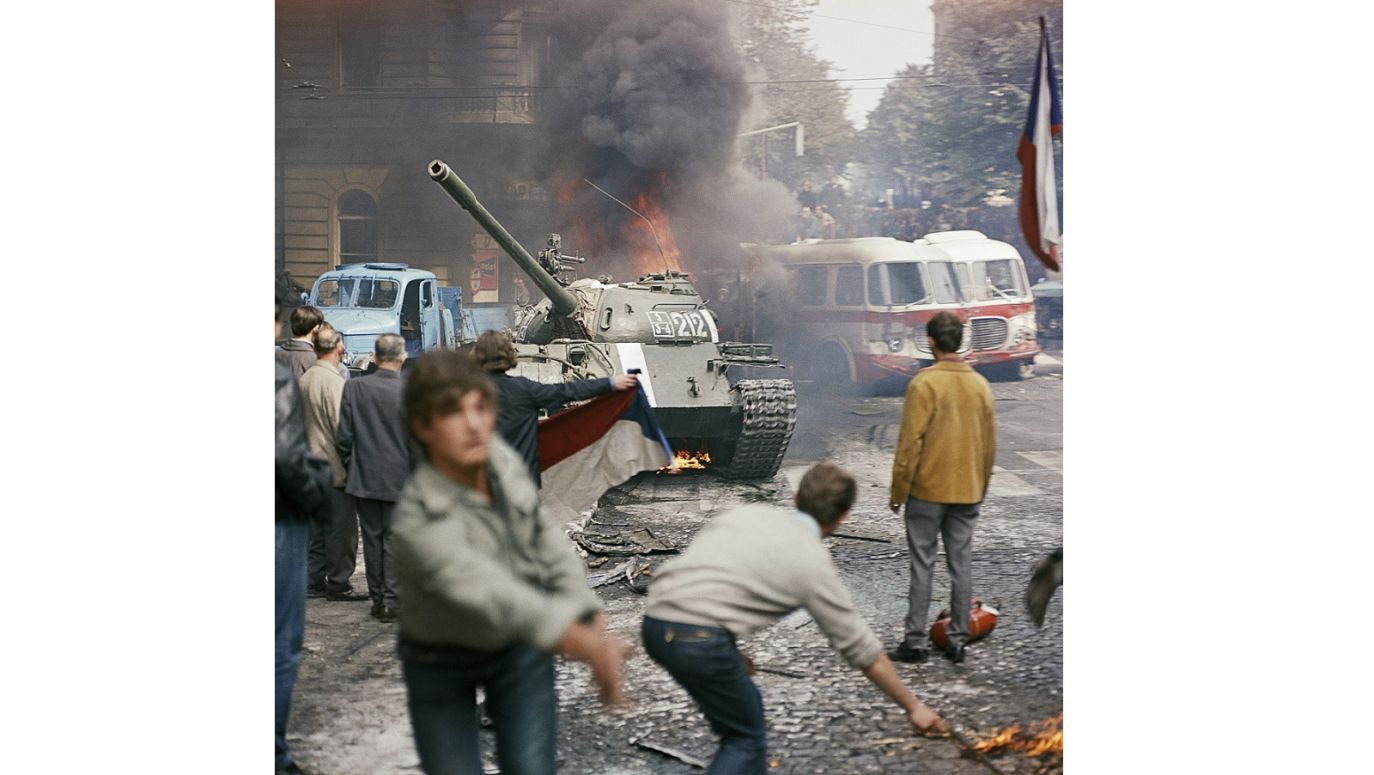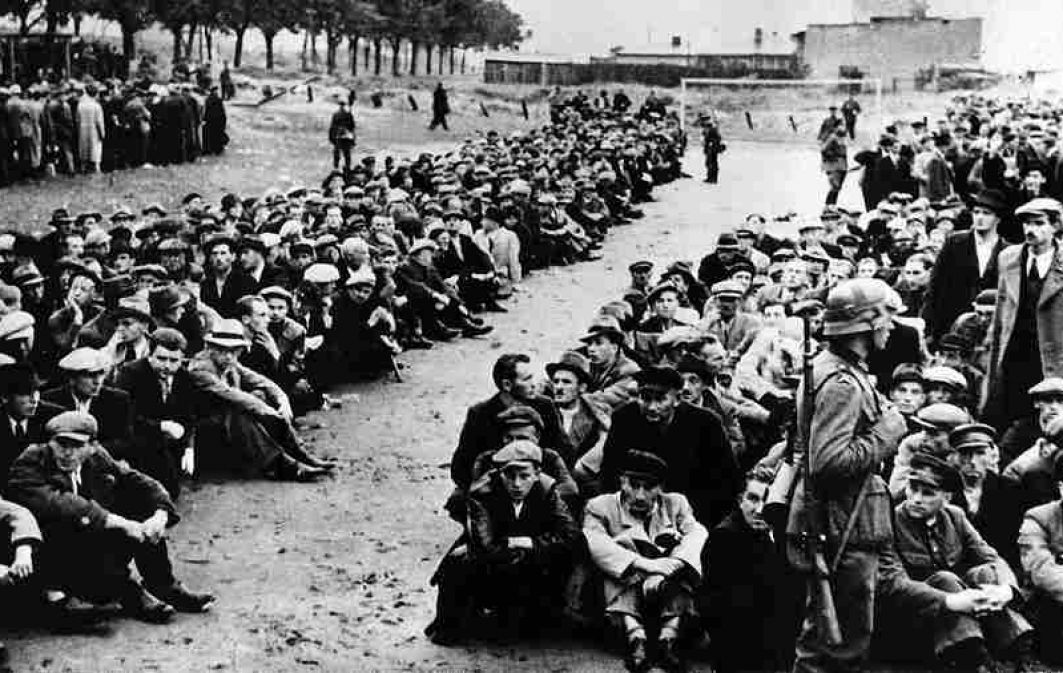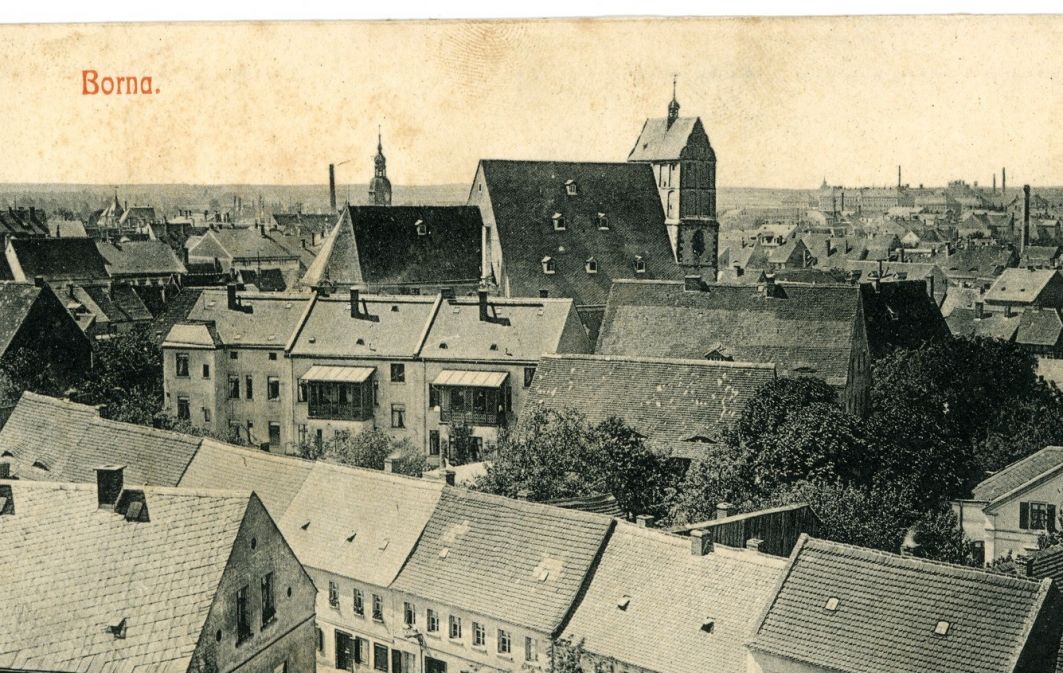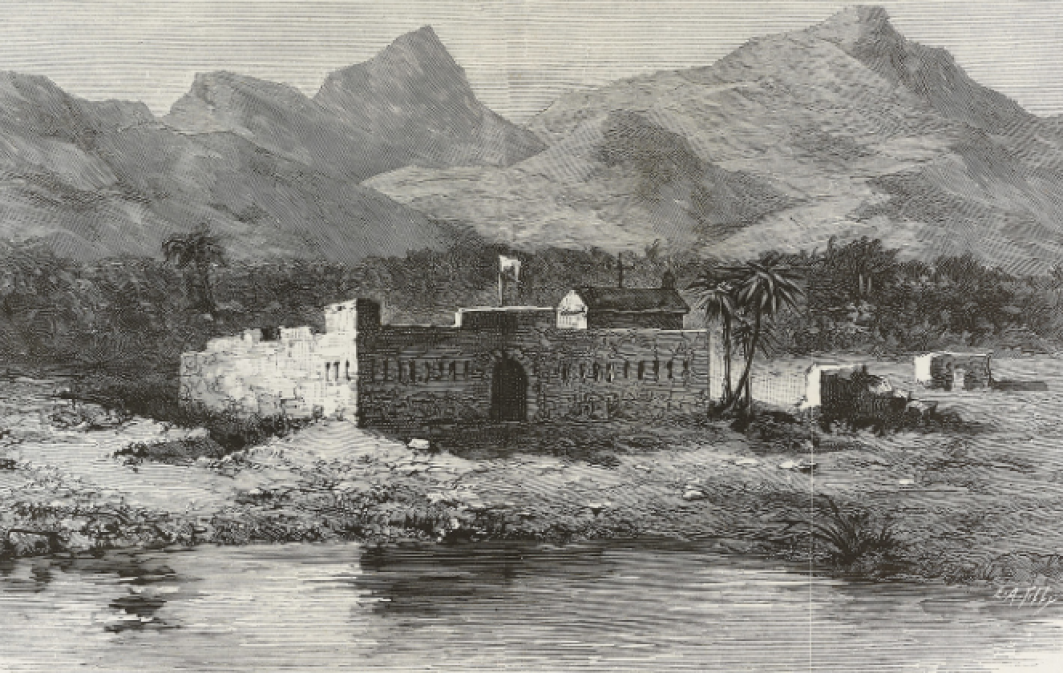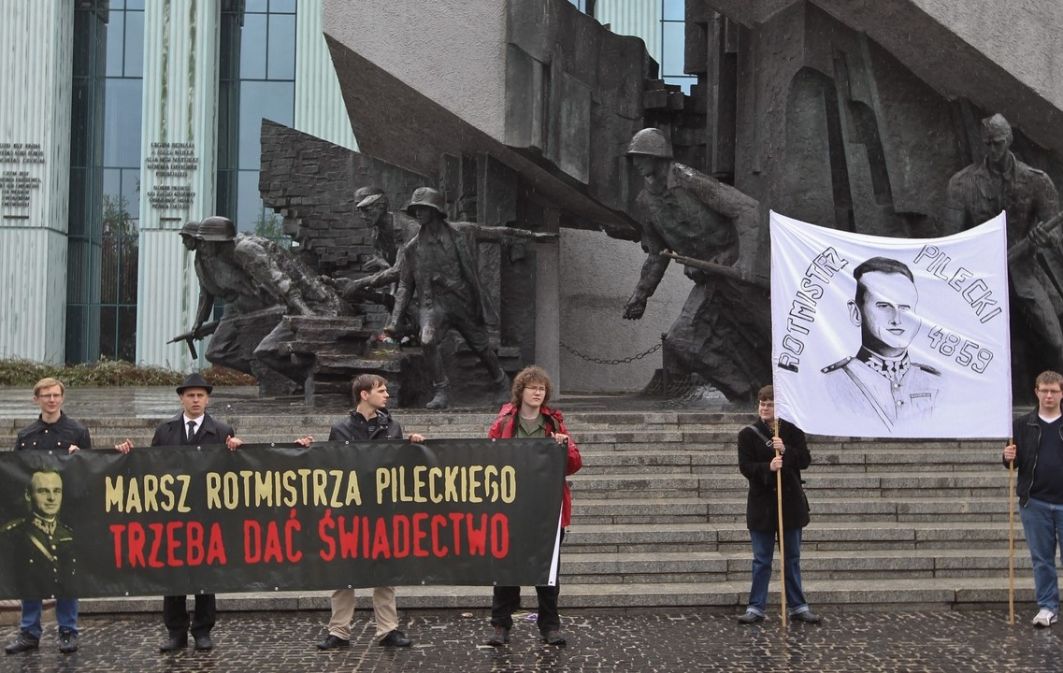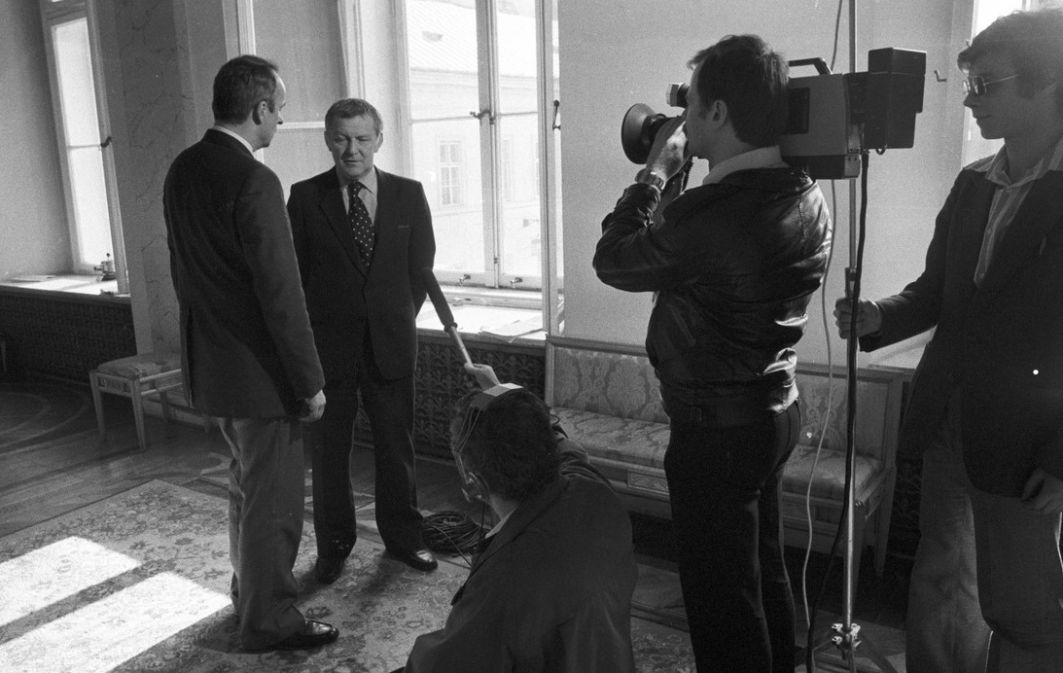Five days earlier, in the evening, Private Stefan Dorna had sneaked out of the military unit with four colleagues. They had already been drinking alcohol, which, according to later reports, they were supposed to have received from the Czechs. They arrived in Jičín and, at one of the crossroads, started arguing. Dorna did not want to return to the unit and responded to his colleagues' calls by reloading his rifle. Furious with everyone, he took aim at the young people just returning from an evening show at the cinema. He fired. When the other soldiers rushed to help the Czechs, he also fired a burst from his automatic pistol at his colleagues. Two of them were severely wounded and the other two fled to call for reinforcements.
He shot everyone
Meanwhile, the private continued to rampage: the first series hit the legs of 24-year-old Jaroslav Vesele, with his two colleagues Bohuna Brumlichová and Jana Jenčková falling beside him. The fourth young Czech, Vitezslav Klimeš, who was walking behind them, managed to retreat and hide. Bohuna, in fear of the approaching attacker, tried to silence her injured colleague moaning in pain, while Jana tried to play dead.
According to witnesses, the private approached the young people, robbed the girls of their rings and watch, then, exasperated by the suffering of the wounded man, fired a round from an automatic weapon at him until the cartridges ran out. As he changed the cartridge, Jana, who had been lying next to him motionless, started to run away.
 SIGN UP TO OUR PAGE
SIGN UP TO OUR PAGE

The private, having loaded his rifle, began to shoot at anything that moved. He wounded the fleeing Jana in the head, he did not let passing cars pass, a series of bullets hit tenement houses. At that moment, Vitezslav's parents ran out of the house next door. In their direction, the crazed soldier also sent a burst from a freshly loaded cartridge at close range. 56-year-old Zdena Klimešova died on the spot, her severely wounded husband miraculously survived.
The 21-year-old, who was raging in a drunken stupor, was finally overpowered by soldiers from a Polish patrol, called to his aid by fellow privates.
Radio "Vltava": Band of counter-revolutionaries smashed
On 12 September, thousands of people came to the funeral of Jaroslav Vesele and Zdena Klimešová. It was an act of courage on their part. Although the local authorities agreed to a solemn funeral, the Czechoslovak services immediately became involved, and began their investigation by surveillance of the victims' families.
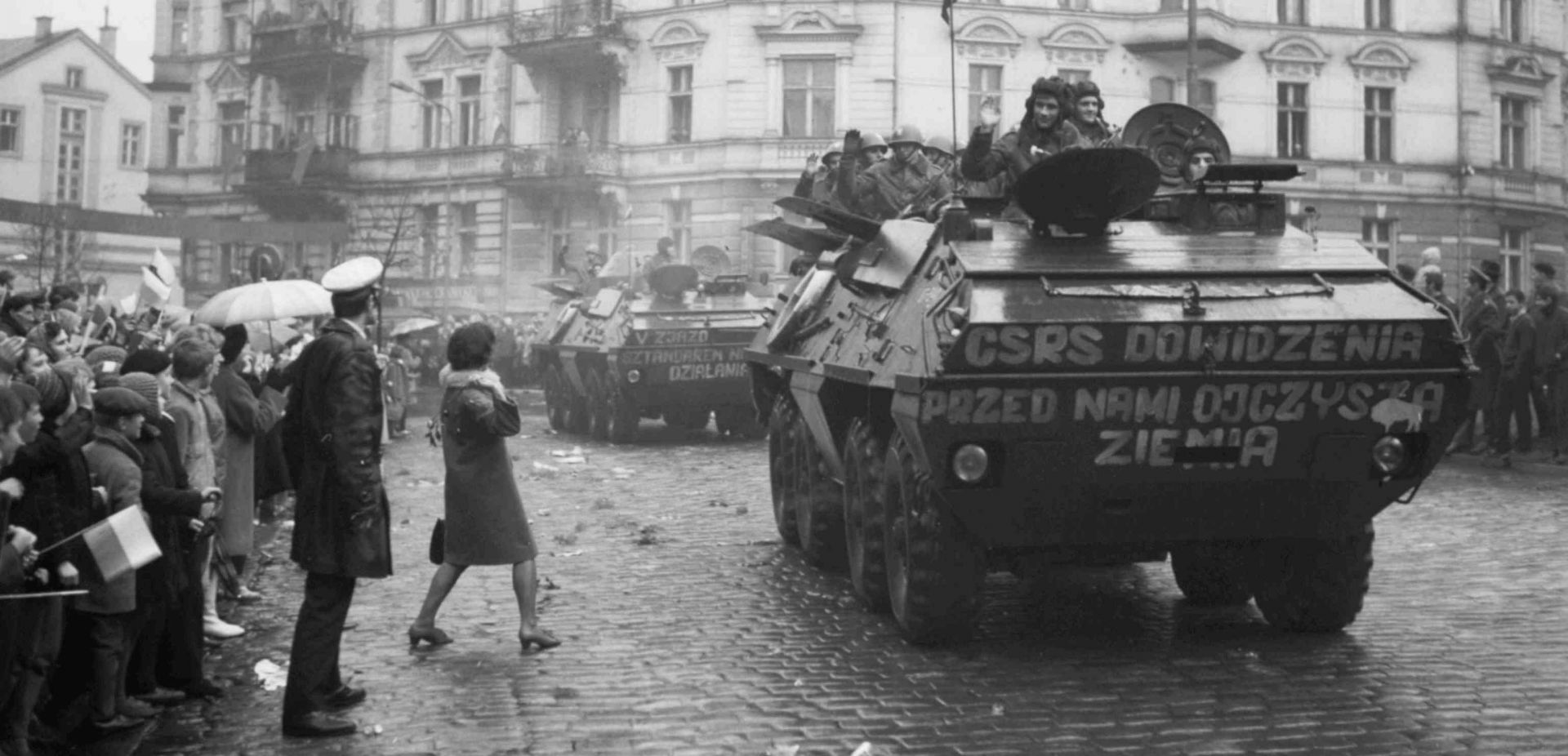
 SIGN UP TO OUR PAGE
SIGN UP TO OUR PAGE
 The private, having loaded his rifle, began to shoot at anything that moved. He wounded the fleeing Jana in the head, he did not let passing cars pass, a series of bullets hit tenement houses. At that moment, Vitezslav's parents ran out of the house next door. In their direction, the crazed soldier also sent a burst from a freshly loaded cartridge at close range. 56-year-old Zdena Klimešova died on the spot, her severely wounded husband miraculously survived.
The private, having loaded his rifle, began to shoot at anything that moved. He wounded the fleeing Jana in the head, he did not let passing cars pass, a series of bullets hit tenement houses. At that moment, Vitezslav's parents ran out of the house next door. In their direction, the crazed soldier also sent a burst from a freshly loaded cartridge at close range. 56-year-old Zdena Klimešova died on the spot, her severely wounded husband miraculously survived.